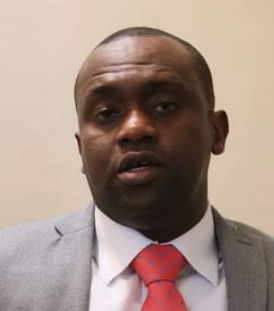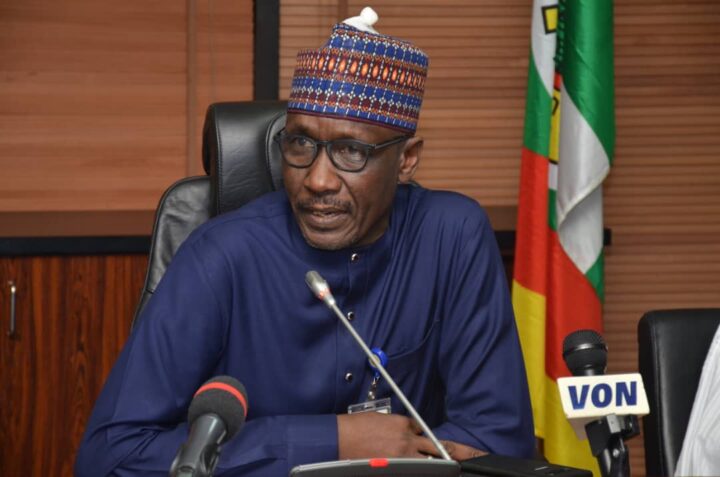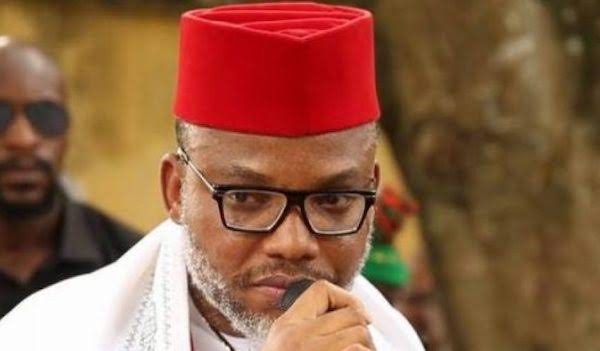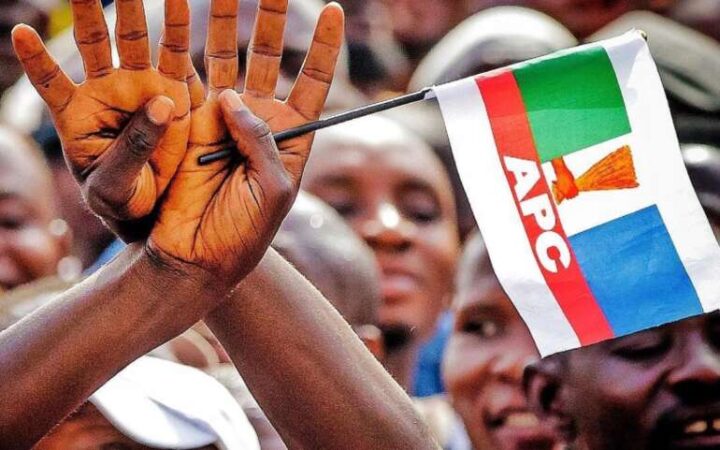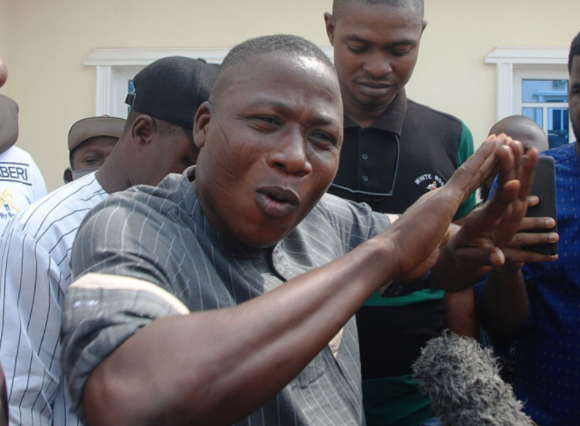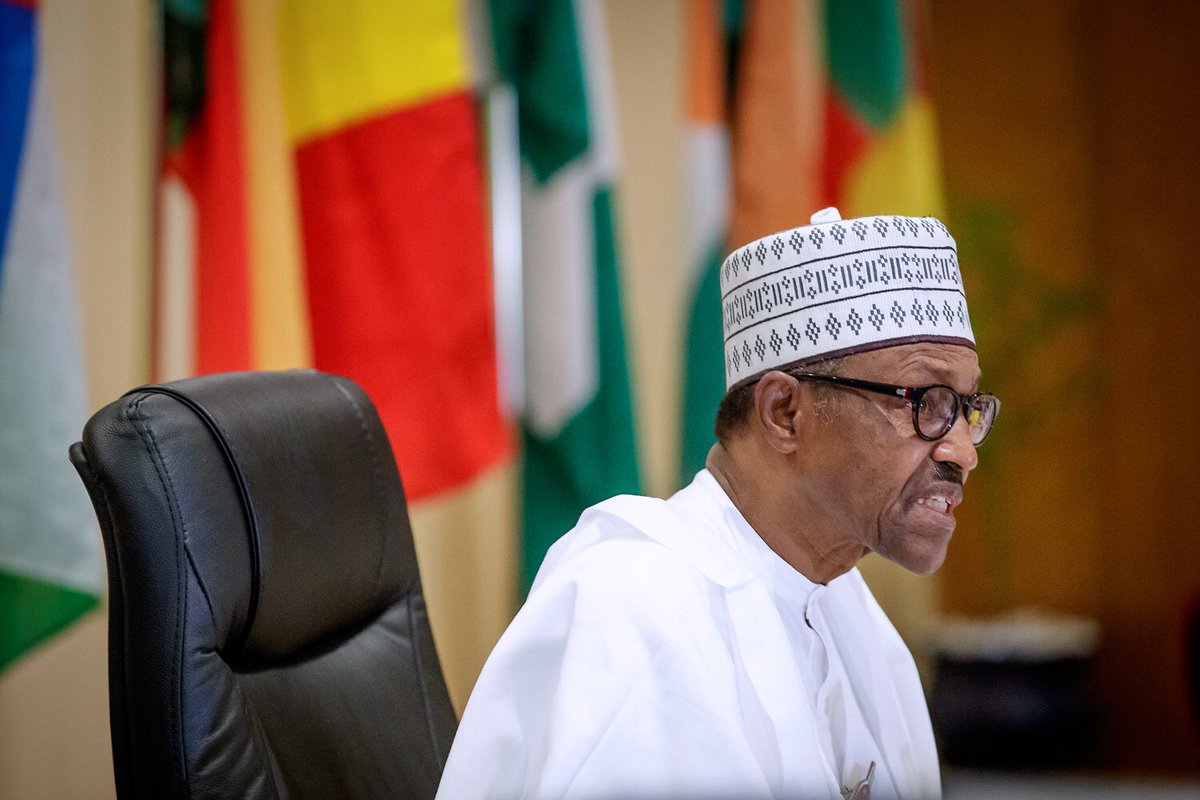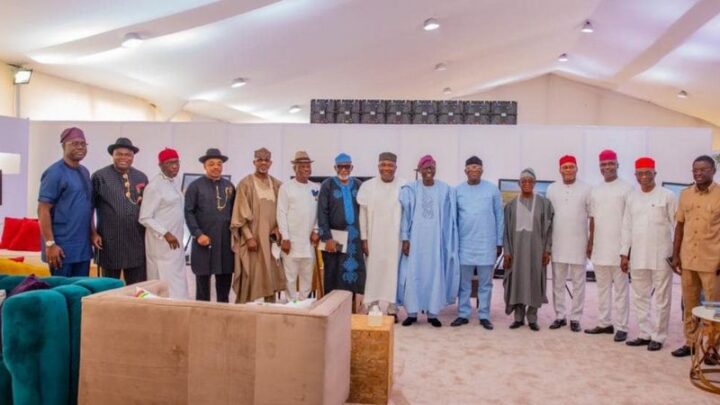Mele Kyari, CEO of NNPC
The Nigerian National Petroleum Corporation (NNPC) has transformed under a leader determined to reduce costs without cutting jobs – instead including staff in the turnaround mission.
For Mele Kyari, it will be two years in the saddle as the Group Managing Director (GMD) of the NNPC, a period that has tried his guts and gusto.
The geologist was appointed in 2019 to manage the state-run oil Corp and average oil price when he was given the responsibility to run NNPC was $56.99 per barrel.
His jobs were immediately cut out: manage the corporation’s fiduciary responsibilities to Nigeria in the midst of the volatile and keep it afloat regardless.
Advertisement
Indeed, Kyari’s selection to head the NNPC was roundly applauded by his colleagues in and out of the corporation.
Stakeholders connected with the oil sector also had reasons to commend the government’s choice of him, and these commendations came with expectations.
Historically, the NNPC has had a poor corporate image owing to reported instances of corrupt practices in its businesses, hence, as a key determinant of Nigeria’s energy security, its operations and headship mattered a lot to a wide spectrum of stakeholders.
Advertisement
But shortly after his appointment, Kyari made clear his plans for the NNPC, and these centered on operational efficiency and transparency.
“Going forward, we will seek to continuously entrench transparency, accountability, and performance excellence across all NNPC operations, and we will put the necessary structures in place to ensure compliance with these principles,” he said.
Then, he had also explained that, “in the next couple of weeks, the COOs (chief operating officers) will join me to unveil the NNPC roadmap towards global excellence.”
The roadmap he proposed, “will guide [NNPC] aspirations to achieve sustained outstanding performance to meet the short and long-term growth objectives of the corporation as we transit to a national energy champion.”
Advertisement
He had further noted that the NNPC on his watch will deeply embed technology and innovation in its operations to, “refine our business processes in line with best industry practice, improve efficiency, block leakages and create desirable outcomes.”
In a clarion call, he asked the corporation’s workers, “to build this brand,” adding that, “there is need to improve the synergy of teams and commitment to business objectives towards a unified enterprise view.”
Two years of steady work
With his plans, Kyari has stayed on course at the NNPC despite drastic drops in oil prices; securing exploration successes, generating impressive revenues, reinvesting capital gains and driving a comprehensive culture change.
Advertisement
The manner the corporation managed its financial activities was before Kyari’s appointment a controversial dialogue in the public sphere. It was mostly accused of running an opaque operation where a few but not its majority shareholders – the Nigerian public, knew its financial status.
While this made the NNPC come across as an untrustworthy entity, it also courted and struggled in controversies of financial immodesty, poor accountability, lack of profitability and even considered broke.
Advertisement
Between the Nigeria Extractive Industries Initiative (NEITI) – a natural resource utilisation watchdog, and the Auditor General of the Federation, dealing with the NNPC to get it to account was distressing, the corporation hardly opened up, but with Kyari’s Transparency, Accountability and Performance Excellence (TAPE) agenda, this has changed.
“At the outset when the Group Managing Director of the NNPC, Mallam Mele Kyari came on board with his team, what he laid before the Nigerian public was that he will be transparent and that he will engage,” Umar Ajiya, who heads NNPC’s finance and accounts department said in a report.
Advertisement
Ajiya, noted that, “it is that process that has yielded the positive trajectory in terms of our engagement with NEITI, National Assembly, Auditor General and other stakeholders.”
Thus, adopting and implementing the TAPE has in the last two years seen the corporation turn the corners on its operations, open up its systems to public scrutiny, run well-defined processes that are benchmarked on productivity while guaranteeing value at optimal cost.
Advertisement
Additionally, Kyari has through the TAPE, infused in the NNPC, a corporate governance system that spotlights team-spirit, ethical, and collaborative work style. The corporation is calmer and productive with this.
Some key specifics
In the upstream segment of the industry which is perhaps the most challenged with sundry issues that affect oil production and revenue, Kyari has made impressive runs. He has continued to manage the twin challenges of ensuring that oil revenue is available to run Nigeria while production commitment to the OPEC pact is balanced and respected.
Investments in new upstream projects have also picked up from the low situation they were when he assumed office in 2019. Among the defining turns made by Kyari in this regard is the “Execution of Oil Mining Lease (OML) 118 (Bonga) Agreements” with four oil majors – Shell, Exxon, Total and Eni, from which more $10 billion worth of upstream investment will be unlocked.
The unavailability of a reformatory law such as the proposed Petroleum Industry Bill (PIB) has created airs of uncertainties in the industry, but Kyari’s commitment to excellence and progress has equally seen him push further to ensure that the final investment decision (FID) for the construction of Train 7 of the Nigeria Liquefied Natural Gas (NLNG) plant happens.
As the principal partner in the NLNG, Kyari recognised that an absolute commitment from the NNPC would push the FID over the line; he thus ensured the takeoff of the project which is expected to cost $10 billion, create 12,000 direct jobs, and add around eight million tonnes per annum of LNG to upgrade NLNG’s annual production capacity to 30 million metric tonnes per year.
Through Kyari’s excellent stakeholders’ engagement strategies, communities in the oil-bearing regions of the country have also remained peaceful to enable sustained production, just as oil workers are listened to and their grievances resolved for win-win outcomes.
Also in the same breadth, when the COVID-19 pandemic was biting hard, he caused the NNPC to partner its indigenous oil producing partners under the aegis of Independent Petroleum Producers Group (IPPG) to facilitate relief efforts worth over N21 billion to states across the country.
Medical equipment, infrastructure and consumables were procured and distributed to all parts of the country as the corporation lent its shoulders to help Nigeria beat back the pandemic.
Resolute commitment to NPDC’s growth
The corporation’s upstream arm, the Nigerian Petroleum Development Company (NPDC), has equally benefitted from Kyari’s TAPE philosophy, enjoying immense institutional commitment needed to keep its oil production target undeterred.
A new production peak of 331,400 barrels of crude per day (mbd) was attained by the NPDC on May 28, 2020, following Kyari’s resolution of protracted disputes with host communities of NPDC’s critical assets.
This enabled workers of the subsidiary access to resume production and raise output to new levels at a reported unit oil production cost of $16.5 per barrel. The target however, is to ramp up output to 500,000bd within the next two years.
Kyari further completed the funding and technical services agreement (FTSA) for OMLs 13 and 65 of the NPDC. The deal which includes alternative financing for the oil blocks are valued at $3.15 billion and $876 million respectively, and will see the outfit increase its output tremendously.
Under Kyari’s guidance, the NPDC has also become the largest supplier of gas to Nigeria’s domestic market, especially for power generation and industry, with over one billion standard cubic feet of gas per day (bscf/d) supplied.
To reinforce its grip on the domestic gas supply market, the NPDC also completed an Integrated Gas Handling Facility (IGHF) with the capacity to process 100 million standard cubic feet of gas per day in Oredo area of Edo state.
The facility will also process 330 metric tonnes of Liquefied Petroleum Gas (LPG) per day, 300 metric tonnes of Propane, and 2,600 barrels of condensate. These add to the growing revenue streams of the NPDC.
Putting one of NPDC’s key assets, OML 119 which consist of Okono and Okpoho fields located approximately 50 kilometres offshore south-eastern Niger Delta, to productive use has also gained from Kyari’s Midas touch following the participation of top companies in the auction for the financing and redevelopment of the asset. Redeveloping the asset is in line with Nigeria’s desire to raise its oil production and reserves.
Under Kyari, NAPIMS drives real value addition
Another subsidiary of the corporation which has benefitted from Kyari’s TAPE is the National Petroleum Investment Management Services (NAPIMS), an outfit that manages Nigeria’s investment interests in joint venture deals in sector.
In context, the worth and success of Nigeria’s investments in her oil sector is mostly determined by the NAPIMS; it maximizes return on investments for the country through effective supervision of the joint venture (JV) and production sharing contracts (PSC) companies among others to ensure that Nigeria’s interests are adequately covered.
With adequate supervision of budgets and performance of these companies, in addition to ranking projects on priority basis, NAPIMS helps Nigeria make the right investment call, hence if it drops the ball, Nigeria loses.
Currently led by Bala Wunti, NAPIMS has leveraged Kyari’s TAPE to pursue transformation and efficiency in its operations. Its commitment has efficiently buoyed indigenous firm, First Exploration and Petroleum (E&P) to start oil production from the Anyala West field in offshore OMLs 83 and 85.
From contract renegotiation, premium payments and rate reductions, NAPIMS has also saved $1 billion for the country, while raising Nigeria’s oil reserve by 181.5mb of oil equivalent. Unit cost of production is also being pushed down further by NAPIMS to keep Nigeria competitive.
Downstream, refineries, others
Kyari has, despite Nigeria’s peculiar challenges with its downstream oil sector, made the most of the situation; ensuring that petrol supply is consistent even at huge cost to the corporation. There is also a lot more of transparency in the national daily fuel consumption calculation now than it was in the past when dishonest elements fleeced the country through sham subsidy payments.
He leveraged on the existing Direct-Sales-Direct-Purchase (DSDP) product supply arrangement which he started as head of crude oil marketing department, to keep petrol supply in Nigeria stable.
He has equally sustained the revamp of Nigeria’s downstream infrastructure to make sure that they are at least 90 per cent available to sustain downstream operations.
Even the corporation’s retail arm, the NNPC Retail has used his TAPE to grow its domestic market share to an impressive 30 per cent within this period.
Additionally, the NNPC has remained the sole supplier of petrol to Nigeria’s domestic economy and despite the huge call this makes on it, it maintains a timely remittance of oil revenues to the Federation Accounts for distribution among the constituent tiers.
Crude oil lifting contracts and refineries rehabilitation have also got immense attention from Kyari’s TAPE. Crude oil lifting contracts which were mostly secretive have now become quite transparent under his watch. Term contracts are openly advertised, processed and disclosed with no airs of secrecy anymore.
He has equally sustained the momentum on revamping Nigeria’s four refineries in Port Harcourt, Warri and Kaduna to full operational capacity by 2022, by engaging the original builders and sourcing for needed finance for this.
Rehabilitation works has since commenced in Port Harcourt, just as the NNPC under Kyari made a bold step to acquire stakes in the privately-owned Dangote refinery in Lagos due for commencement of operation soon.
Another milestone recorded by the NNPC under Kyari, is the flag off of work on the 614 kilometers-long Ajaokuta–Kaduna–Kano (AKK) pipeline project. This line is considered to be key to Nigeria’s economic growth with gas as its bedrock, andKyari is committedly driving its progress.
It represents the first phase of the 1,300 kilometre-long Trans-Nigerian Gas Pipeline (TNGP) project being developed as part of Nigeria’s Gas Master Plan to utilize the gas for economic development. The TNGP also keys into a proposed 4,401 kilometre-long Trans-Saharan Gas Pipeline (TSGP) aimed at exporting gas to Europe when completed.
Kyari, understands this and is focused on delivering Nigeria to the next phase of industrial growth.
Soneye is the publisher of Per Second News.
Views expressed by contributors are strictly personal and not of TheCable.
Add a comment
